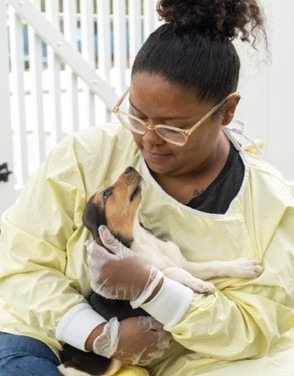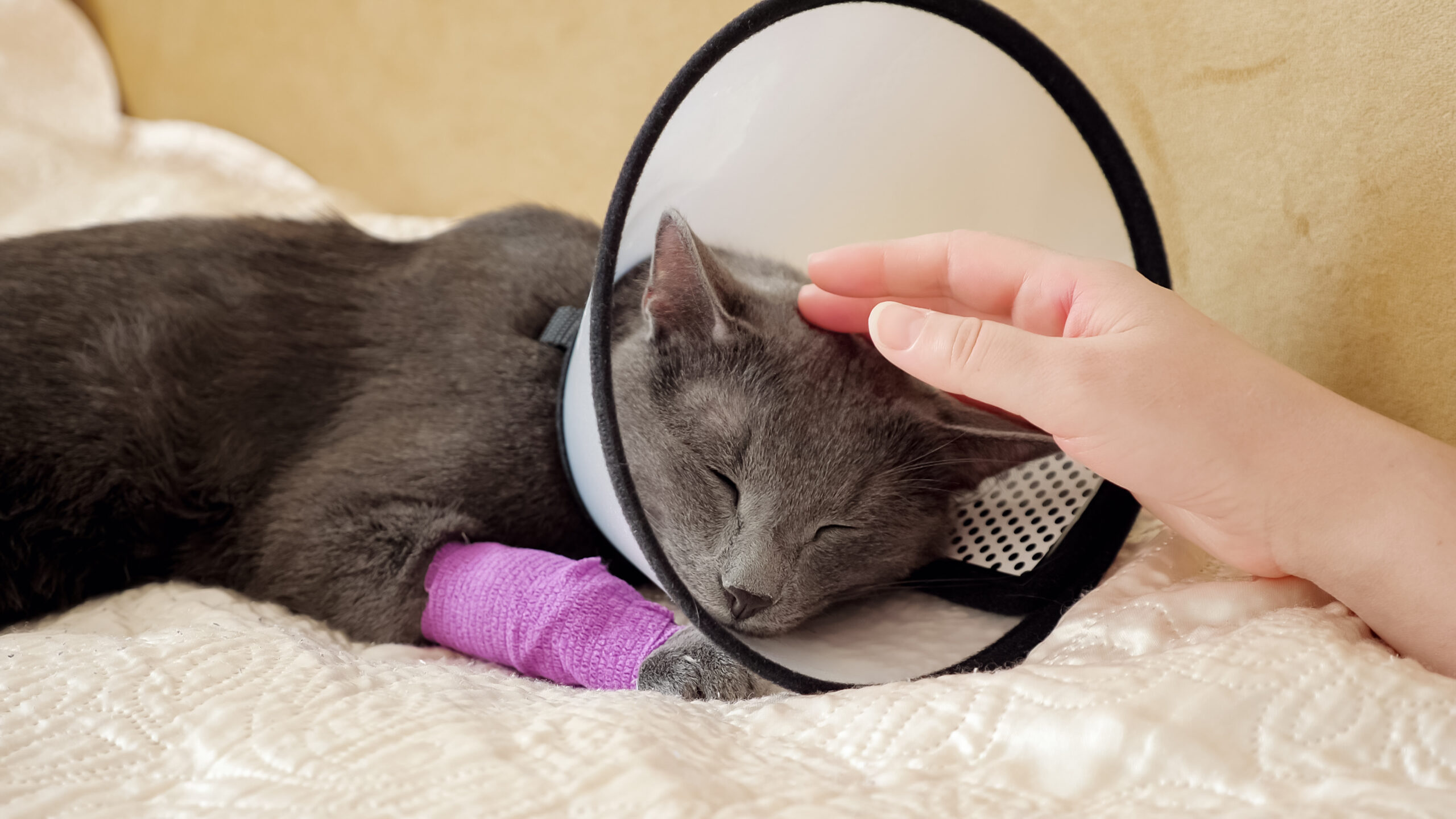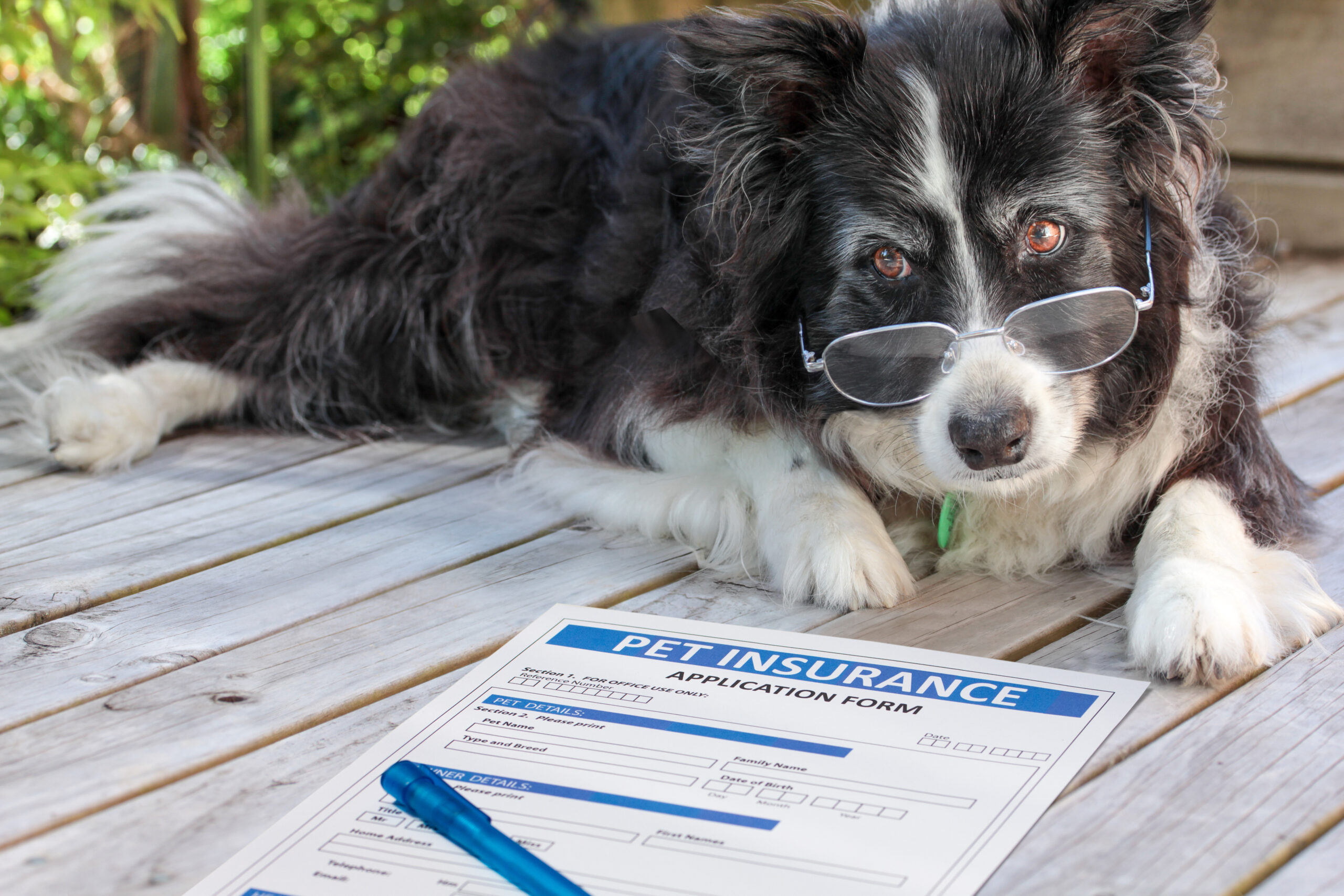-
Adopt
-
Veterinary Care
Services
Client Information
- What to Expect – Angell Boston
- Client Rights and Responsibilities
- Payments / Financial Assistance
- Pharmacy
- Client Policies
- Our Doctors
- Grief Support / Counseling
- Directions and Parking
- Helpful “How-to” Pet Care
Online Payments
Referrals
- Referral Forms/Contact
- Direct Connect
- Referring Veterinarian Portal
- Clinical Articles
- Partners in Care Newsletter
CE, Internships & Alumni Info
CE Seminar Schedule
Emergency: Boston
Emergency: Waltham
Poison Control Hotline
-
Programs & Resources
- Careers
-
Donate Now
Veterinary bills are expensive — and getting more so every year. If your beloved cat gets cancer or your dog injures his leg while roughhousing with his pals, you could face overwhelming medical expenses.
his pals, you could face overwhelming medical expenses.
Having pet health insurance is a great way to cover emergency vet bills and common health problems, but choosing insurance for your pet can be overwhelming. There are many policies, coverage selections, and benefits to choose from.
As September is National Pet Insurance Month, we asked the MSPCA-Angell’s Harrison Stenson, New England’s first pet insurance coordinator, for help navigating the benefits and challenges of choosing — and using — health insurance for our pets.
What exactly is pet insurance?
Pet insurance is a contract where the pet owner transfers the risk of large, unexpected vet bills due to injury and illness to the insurance company. The insurance company receives a monthly/annual premium from the pet owner. Most pet insurance is exclusively for cats and dogs, but insurance is available for avian and exotic pets. Large animal insurance (e.g., horses) is set up differently.
Who should get pet insurance — and why?
 I believe all pet owners should consider getting pet insurance. You never know when something drastic and expensive is going to occur. The average ER visit costs between $800 to $1500, and one of three pets requires an emergency visit yearly. Costs for things such as broken bones and cancer can easily cost thousands of dollars.
I believe all pet owners should consider getting pet insurance. You never know when something drastic and expensive is going to occur. The average ER visit costs between $800 to $1500, and one of three pets requires an emergency visit yearly. Costs for things such as broken bones and cancer can easily cost thousands of dollars.
How does pet insurance help owners?
Pet insurance helps owners financially and emotionally. Financially, pet insurance provides a cushion of insurance that a savings account cannot always offer while also providing convenience in simplifying financial planning for your pet. Emotionally, pet insurance offers pet owners peace of mind that they are prepared for whatever could happen and won’t have to sacrifice ideal medical treatment for cost reasons.
But my pet is always healthy — what if I rarely use the insurance?
Rarely using insurance is a good thing! No one hopes they will need their auto, home, or health insurance frequently, but they still get it anyway. Pets can’t describe how they’re feeling with words, so you can’t always tell if there’s a health condition present until it’s urgent.
My pet never goes outside. Does she still need insurance?
While indoor pets are protected from some risks, keeping your pet inside doesn’t keep them from jumping off the couch and breaking their leg or from eating something they shouldn’t. Similarly, indoor pets can still contract illnesses like cancer, kidney disease, etc., leading to costly vet bills.
OK, I’m sold. How do I start looking for pet insurance?
It is helpful to secure a policy as soon as you get your pet. Pet insurance doesn’t cover pre-existing conditions; signing them up early and young is the best way to avoid them. Many online resources, including Pet Insurance Review, Pawlicy Advisor, and Canine Journal, offer pet insurance information, reviews, and quotes — that’s an excellent place to start. The MSPCA-Angell has more information online at mspca.org/petinsurance. You can always contact me — Harrison Stenson — at insurancecoordinator@mspca.org for assistance.
What does pet insurance cover?
Pet insurance usually covers veterinary expenses related to accidents and illnesses that aren’t explicitly excluded from the policy. The list is long but typically includes treatments, surgeries, diagnostics, hospitalizations, prescriptions, and other veterinary costs. Exact coverage varies per policy. Some pet insurance companies offer a supplementary wellness/routine add-on that provides some reimbursement towards things like the annual exam and routine vaccinations. Wellness plans are not an insurance product but provide a similar function.
typically includes treatments, surgeries, diagnostics, hospitalizations, prescriptions, and other veterinary costs. Exact coverage varies per policy. Some pet insurance companies offer a supplementary wellness/routine add-on that provides some reimbursement towards things like the annual exam and routine vaccinations. Wellness plans are not an insurance product but provide a similar function.
What are “waiting periods,” and how do they work?
A waiting period is the amount of time between the policy start date and the date that coverage becomes effective. Conditions that present during a waiting period are typically considered pre-existing. Waiting periods can be as short as zero days and as long as 365 days. Typical injury/illness waiting periods are between zero and 15 days, while some companies have waiting periods for orthopedic issues, cruciate ligament issues, and even cancer that can last as long as six months.
Insurance companies use these waiting periods to discourage insurance fraud. Many insurance companies are switching to “policy effective dates” rather than waiting periods, where they simply move the policy effect date farther away than the purchase date and do away with waiting periods.
How much does pet insurance cost?
Pet insurance costs can vary wildly. You can find accident-only policies for as little as $10/month, and some comprehensive accident/illness policies can cost as much as $200 to $300/month. According to the North American Pet Health Insurance Association, the average pet insurance premium for an accident and illness policy without a wellness add-on in the United States in 2022 was approximately $32.25/month for cats and around $53.34/month for dogs.
What affects the cost of pet insurance?
 Pet insurance premiums are based on a combination of the base rate filed with the Massachusetts Division of Insurance and the pet’s species, breed, gender, age, and resident zip code. Most companies will not raise your premium based on claim activity, but some insurance companies will.
Pet insurance premiums are based on a combination of the base rate filed with the Massachusetts Division of Insurance and the pet’s species, breed, gender, age, and resident zip code. Most companies will not raise your premium based on claim activity, but some insurance companies will.
Is my pet covered if he got sick before I bought pet insurance?
Pet insurance companies do not cover pre-existing conditions, so they would not be covered for this or related conditions. The exact definition of pre-existing conditions varies based on the policy. Still, it is usually something like “any condition that is present or where symptoms of the condition are present before the policy effective date or during the waiting period, regardless of whether or not any treatments or diagnoses have been made.” That said, some companies will cease to consider a condition as pre-existing if it is cured for a certain amount of time.
Just because your pet has a pre-existing condition doesn’t mean pet insurance isn’t worth it. You never know when something unrelated can come up. Accident-only policies are very affordable, so you could always consider that if pre-existing illnesses exist.
My pet is considered a “senior”— does pet insurance cover him?
It depends on the company, but coverage is available for senior pets. Some companies exclude entirely senior pets, some companies offer only restricted coverage, and some companies offer a fully comprehensive plan. Premiums for older pets tend to be higher.
Finally . . . is it worth getting pet insurance?
Yes! It is worth it to purchase a pet insurance policy for the financial cushion and peace of mind it provides. Our pets are family members, so we — as pet owners — should make sure we can afford to keep them healthy and happy. Pet insurance is very effective in accomplishing this. To get the best value from pet insurance, sign your pets up young before they have a chance to develop pre-existing conditions.

*************
For more information on pet insurance, please contact Harrison Stenson at insurancecoordinator@mspca.org or visit mspca.org/petinsurance.



